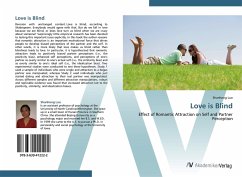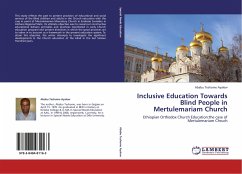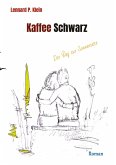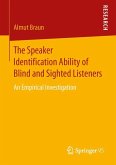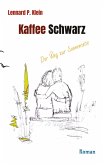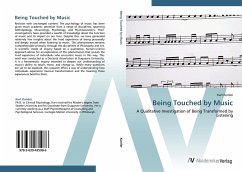Revision with unchanged content. Love is blind, according to Shakespeare. Everybody would agree with that. But do we fall in love because we are blind, or does love turn us blind when we are crazy about someone? Surprisingly little empirical research has been devoted to testing this important issue explicitly. In this book the author reasons that ro mantic attraction is an important motivational force that drives people to develop biased perceptions of the partner and the self. In other words, it is more likely that love makes us blind rather than blindness leads to love. In particular, it is hypothesized that romantic attraction leads to positively biased partner perceptions (i.e., the positivity bias), enhanced self perceptions, and perceptions of one s partner as overly similar to one s actual self (i.e., the similarity bias) and as overly similar to one s ideal self (i.e., the idealization bias). Two experimental studies were conducted to test these hypotheses. Study 1 used asample of individuals who were single and attraction to a bogus partner was manipuated, whereas Study 2 used individuals who just started dating and attraction to their real partner was manipulated. Across different samples and different attraction manipulations, robust and replicable evidence was found that increased attrac tion led to the positivity, similarity, and idealization biases.
Hinweis: Dieser Artikel kann nur an eine deutsche Lieferadresse ausgeliefert werden.
Hinweis: Dieser Artikel kann nur an eine deutsche Lieferadresse ausgeliefert werden.

